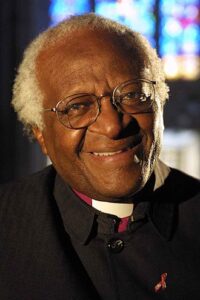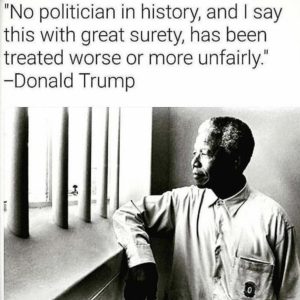
I once belonged to an organization called the National Conference of Editorial Writers. The group occasionally sponsored remarkable overseas trips to members, editorial writers and editors such as yours truly.
In the summer of 2004, I had the distinct pleasure of attending the International Conference on HIV/AIDS in Bangkok, Thailand. It was my second trip to Southeast Asia with NCEW; the first one was in 1989, and I am likely to tell about that journey at another time.
This installment wants to focus on my being in the same room with one of history’s towering giants.
The AIDS conference focused on the disease that ravages so many millions of human beings. Our journey was aimed at studying the impact of the disease on Asia; in Thailand, Cambodia and India.
But there was a side story to cover as well. Tuberculosis is another killer, communicable disease that afflicted this great man: I refer to Nelson Mandela.
The former South African president came to Bangkok to tell attendees that TB needs the world’s attention, too.
Mandela staged a press availability in a room full of attendees, including our NCEW delegation. I stood about 30 feet from the microphone where Mandela would stand and speak.
He contracted TB during his imprisonment on Robben Island, where he was held prisoner for 27 years before his release in 1990. He had the temerity to protest against South Africa’s apartheid policies; the government threw him in the slammer because he demanded human rights for all of his country’s citizens, not just the white minority that ran everything.
By 2004, Mandela’s place in world history had been established. He stood as a giant among giants. To see this man in person was one of the thrills of my life as a working journalist.
I remember seeing him walk into the room and I was struck by something that was said about Robert Kennedy, which was that when RFK walked into a room, everyone else turned to black-and-white, while Bobby stood in magnificent color.
You could say the same thing about Nelson Mandela.
The great man told us about TB, his struggle to overcome it and urged the HIV/AIDS conference attendees to look for cures to TB. He took a couple of questions and then left.
We were instructed before Mandela came into the room to avoid flash photography, as he had developed acute sensitivity to bright lights during all those years he was kept in the dark on Robben Island. And, to no one’s surprise, some nimrods in the crowd took pictures with blinding flashes of light.
I didn’t get to speak to the great man. I don’t even know what in the name of star-struck wonder I would have said to him.
To be totally candid, just being able to see this man in the flesh was enough of a thrill to last my entire lifetime.


